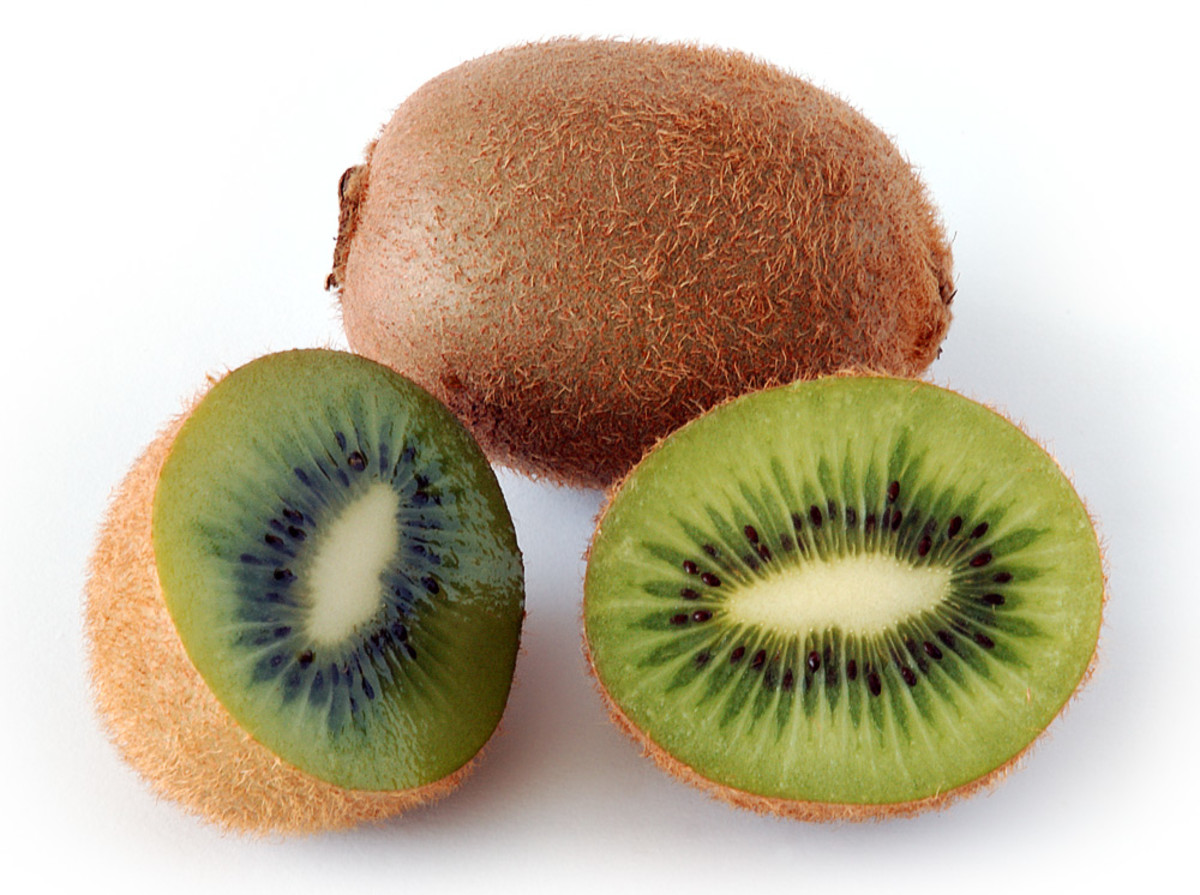Ginger farming in Kenya is slowly becoming one of the most profitable agribusiness ventures. This crop, known for its strong aroma and many health benefits, is in high demand locally and internationally.
Whether used in spice blends, herbal medicine, or food flavoring, ginger is always needed. Farmers in Kenya are now turning to ginger farming not just for income but also for long-term sustainability.
With the right conditions and care, ginger can thrive and deliver high returns per acre. This guide takes you through everything you need to know about ginger farming in Kenya, from soil to market.

Ginger Farming in Kenya Made Simple and Profitable
Ginger belongs to the Zingiberaceae family. It is mainly grown for its underground stems, also called rhizomes. These rhizomes are used in cooking, tea preparation, medicine, and even beauty products. Ginger farming in Kenya is best suited for areas like the lower eastern and coastal regions where the climate and soils favour its growth.
Two main ginger varieties grow well in Kenya:
- Large Yellow (Chinese Ginger)
- Small Yellow (Japanese Ginger)
Both varieties can be grown successfully with proper care and good farm management. Let’s explore the best growing conditions and how to get started.
Ideal Conditions for Growing Ginger
To get the best ginger yield, the right environment is key.
- Soil: Ginger prefers well-drained loamy or sandy soil. Avoid clay soils that retain too much water. The pH should range between 5.5 and 6.5.
- Altitude: The crop does well at altitudes of up to 1500 meters above sea level.
- Temperature: Ginger thrives in warm weather with temperatures between 25°C and 30°C.
- Rainfall: A yearly rainfall of 1000 to 2000mm is ideal. In dry seasons, irrigation is necessary.
Proper soil preparation is crucial. Begin by clearing the land and removing all weeds. Add about 10 tonnes of well-rotted manure per acre to improve fertility. Let the manure settle for 14 days before planting.
Next, prepare raised beds. Each bed should be 30 to 40 cm high and 75 to 100 cm wide. Leave a 50 cm path between each bed to allow space for weeding and harvesting.
Before planting, soak the ginger rhizomes in clean water for around 10 hours. This improves sprouting. When planting, ensure the buds face upwards and space them properly on the beds. The ginger should begin to sprout within 2 to 3 weeks.
Protecting Ginger From Pests and Diseases
Like many crops, ginger faces challenges from pests and diseases. Managing them early keeps your crop healthy and your yield high.
Common Pests
- Cutworms: These pests attack young shoots at night.
- Nematodes: These microscopic worms damage the roots and slow down plant growth.
Common Diseases
- Soft Rot
- Rhizome Rot
- Root-Knot Nematodes
- Bacterial Wilt
- Fusarium Rhizome Rot
To protect your crop:
- Always use clean, healthy planting material.
- Practice crop rotation with non-related crops like maize.
- Maintain clean fields by removing old or diseased plant material.
- Improve drainage to avoid water-logged conditions that promote rot.
You can also consult local agricultural officers for advice on safe pesticides or organic control methods suited for your region.
Harvesting and Marketing Ginger in Kenya
Timing is everything in ginger farming. When you harvest depends on how the ginger will be used:
- Fresh Ginger is harvested after 5 months.
- Preserved Ginger is harvested after 6 to 7 months.
- Dried Ginger takes about 8 months.
Ginger is harvested either manually using simple tools like hoes or mechanically with harvesters. Carefully lift the rhizomes to avoid breaking them. Clean them gently and let them dry in the shade for a few hours before packaging.
A well-managed acre of ginger can produce 10 to 15 tonnes. That’s a big return if you sell wisely.
Where to Sell Ginger
Kenya offers several profitable market options:
- Local Markets: You can sell fresh ginger in groceries, supermarkets, and open-air markets.
- Hotels and Restaurants: These outlets use ginger daily in drinks, dishes, and seasoning.
- Processing Companies: Ginger is a raw material in many spice factories, tea blends, and herbal medicines.
- Pharmaceutical Industry: Companies use ginger to make natural medicine products, oils, and syrups.
To make even more profit, farmers can form groups and supply in bulk to large buyers or explore direct exports.






































